Mark Holmes, Alcohol Quit Guru, explains the famous strategy called Urge Surfing by R.A. Marlatt to stop drinking urges, step-by-step: 1) Riding the Wave, 2) Don’t feed the Wave, 3) Vocalise the Wave
Good morning, and welcome to the Crazy Sobriety Vlog and today’s question is, How do I cope with urges and cravings?
I want you. I want you so bad. I want you more than you know I want you. I want you twice as much as I think I want you. All I can think about is wanting you.
And I will have you… And I will have yooooouuuuu nOWWWWW!
URGES AND CRAVINGS
How to cope with urges and cravings is the billion dollar question.
There’s a big difference between urges and cravings. They’re not synonymous, they’re very, very different. If you look in the book [Holmes’s Complete Guide To Stop Drinking Alcohol], you’ll see the research to prove this.
So what is an urge? An urge is I want a beer, I want a whiskey, I need a shot of whiskey, I need a glass of whiskey. I really feel like a glass of wine, just to kind of chill out, I’m having such a stressful day.
So you’ve got an urge for a specific drink in mind, whereas craving is non-specific, I want to get drunk. I just want to get wasted, I don’t want to think about anything anymore. I just want to get smashed. It’s not specific, but craving is that, “I want alcohol,” it’s not about a drink. It’s about a drug’s effect. That’s what I need. I need that effect washing over me. That’s what a craving is. So they’re very different, aren’t they? Because they’re different, there’s got to be a different strategy to cope with them differently.
URGE SURFING
Now there’s loads of strategies, again, they’re in my book, but in brief, one of the leading relapse psychologists is a guy called R. A. Marlatt. He came up with the term, “Urge surfing”.
The basic idea is that you observe an urge happening, like waves coming in to the shore in Weston-super-mare. (It’s featured in the book, you’ll see lots of analogies to do with the sea!)
When the wave rises to the crest of the wave, that’s like the peak of the urge. And what happens to that wave?
It reaches the peak, the crest of the wave, and it seems really powerful. And it’s rushing forward at tremendous speed, power, velocity, momentum and mass, massive and daunting.
So what you need to do is recognise that wave building, before it reaches the point where it’s so daunting and massive you have to act on it or it’s going to swamp you. It’s going to drown you, you’re going to get swept under the crest of this wave if you’re not careful. So what you have to do is recognise this is coming, sense it coming, and then try and ride it.
1) RIDING THE WAVE
Ride that wave, because if you’re riding that wave, what’s going to happen to the wave? The wave has to subside, and then crash and dissipate. And that is the same thing that will happen with an urge.
Now, in terms of timing, how long can that wave last? It could be anything, it could be a minute, it could be half an hour, but it will crash and subside as long as you don’t feed it. What does that mean? It means you keep on thinking about it, worrying about it, thinking about how you’re going to facilitate that urge. For example, say I’ve got this urge for a pint of beer now and I keep on thinking about the beer and how it might taste? And then the taste of it going down my throat. Maybe having two, maybe three more after that? The ambience of the pub… I’m feeding the urge, aren’t I?
It’s a bit like, “Don’t think of a pink elephant,” isn’t it? Yeah. What do you do? I think about a pink elephant. There’s some research on that in the book as well, about why we do that. Why do we think about that?
2) DON’T FEED THE WAVE
So the point is, you don’t feed that wave. What you’ve got to try and do is be outside of it like a surfer would. A surfer is keeping a perspective of the wave because the wave will build up and have a certain angle towards the shore. And so the surfer’s getting his perspective right, of how he’s going to angle himself when he jumps on that board and rides that wave. He’s not just going straight forward. You’ve got to angle yourself and position yourself in terms of the shoreline and the way that the wave is going to break. You’ve got to line yourself up and be a bit outside it. You’ve got to have a perspective, a little bit like a helicopter perspective, all the way down.
Because you’re looking at yourself in relation to the shoreline and everything around you. So it’s not just focused on the wave.
So that’s what you need to be with the urge.
3) VOCALISE THE WAVE
You’ve got to step outside yourself a bit, feel it come in, identify it, “it’s a wave, right?” It’s an urge and say it. There’s some evidence in the book, please read the book. It’s all in a book. But there’s evidence in the book that actually verbalising, vocalising, your feelings can help control and manage your feelings.
There’s some fascinating research, I hand picked the research in the book which has over 300 academic references. Each of those is carefully handpicked from millions that I read. So you only get the best!
You can also apply urge surfing to emotional management. That’s when you say, “I’m really angry, I feel a kind of rage. Why am I getting this? What am I doing? I’m breathing fast. My heart rate is racing. I’m sweating a little bit. I’m quite emotional, I feel quite angry, quite upset for a minute.”
See what I was doing then? Being on the crest of the wave or having an urge. Your heart palpitating, blood pressure rising, heart rate rising, sweating… These things will be happening when you have that urge, and other people will see it, but you won’t. Usually you’re not aware, all you’re doing is concentrating on the thoughts that are going around your head.
There’s a massive thing on cognitive management in the book, because like I said, this is the billion dollar question, managing urges and cravings. You manage that, you can manage anything.
SUMMARY
As a starting point, stepping back, seeing what’s happening, observing that wave rising as soon as you get that thought about having a drink, a specific type of drink, or a craving, try and think what’s happening? What’s my body doing?
Then, what is making you think about this urge or craving? What’s causing you that urge or craving.
Same if you’re angry, what is causing that anger? Ironically with anger, it’s often helplessness, powerlessness, frustration.
It’s in the book! (I think I’m gonna get badges done, sell badges, “it’s in the book!”)
There’s always a cause for an urge or craving. And that’s really difficult to understand, because it’s very different for everyone. Anyone who says that it’s just one cause, they’re crazy. It’s not as simple as that. Everyone’s got a unique set of experiences. That’s why they need to reflect, you’ve got to kind of do the work, I’m afraid, and try and work out what is causing that. That’s probably another video.
Before that stage, you’re thinking about just managing that urge. And that means observing it, seeing it happen, and stepping back and watching it. Don’t feed it. Watch it rise and dissipate and crash on the shore.
And then you just carry on. Don’t feed it when it’s gone, you don’t want another wave coming straight again, do you? You don’t start thinking about it again otherwise another one’s gonna come up. Give yourself a break.
That’s urge surfing. R.A. Marlatt, if you want more information.
That’s it for today.
See you tomorrow.
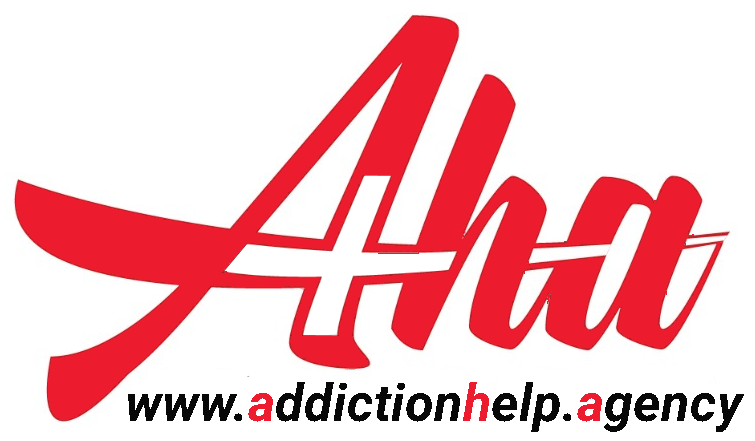
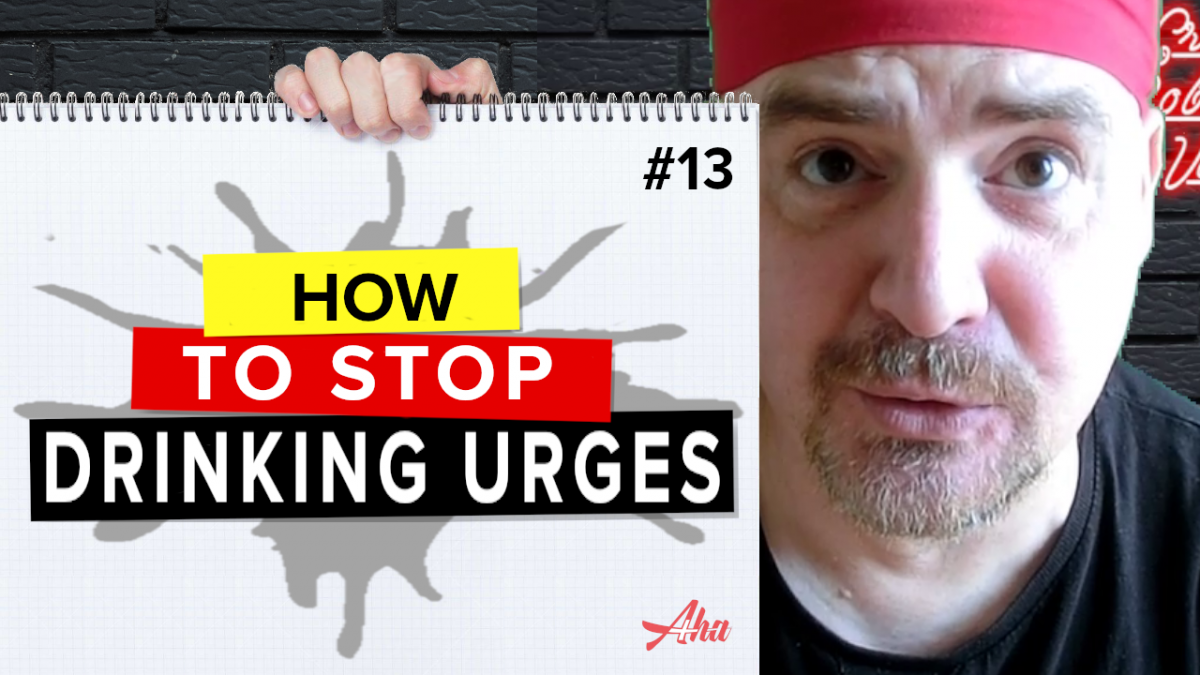
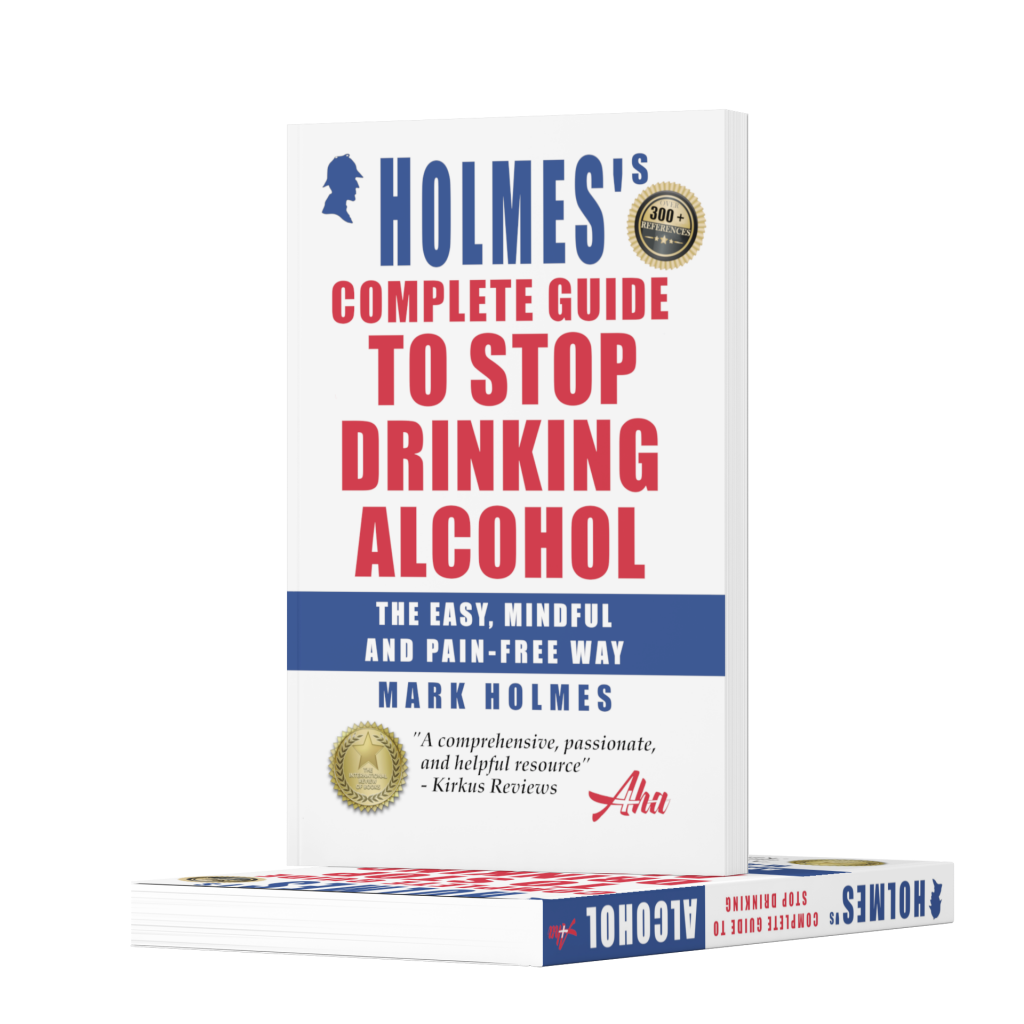
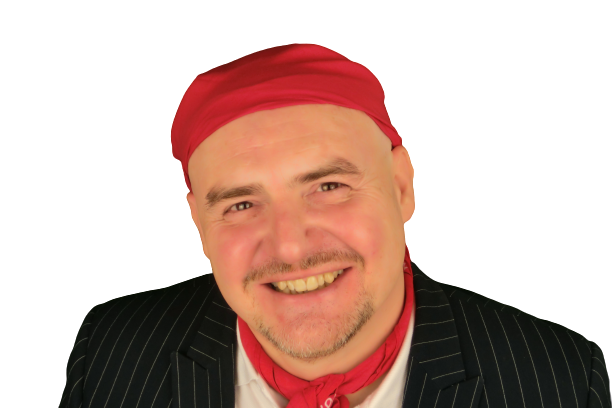
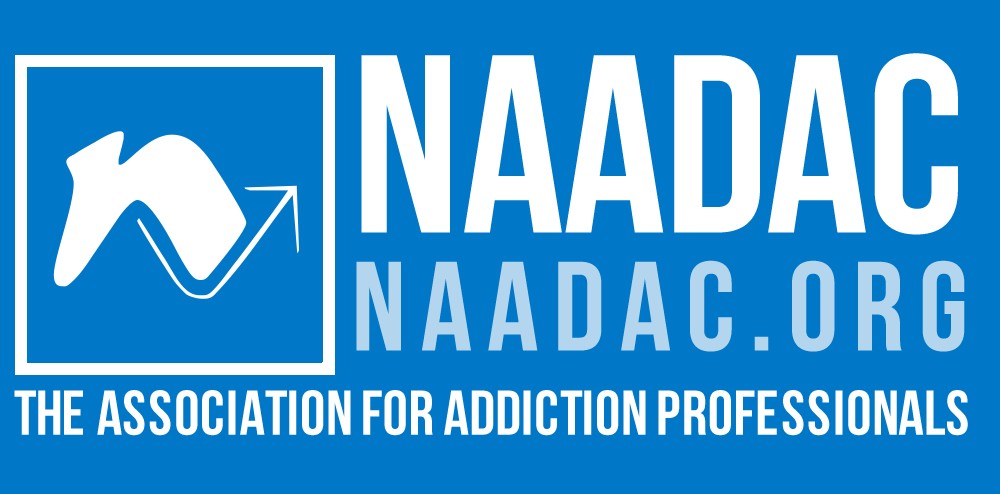
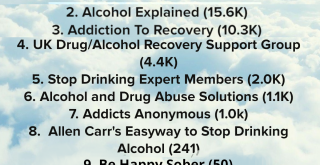
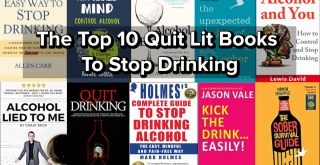
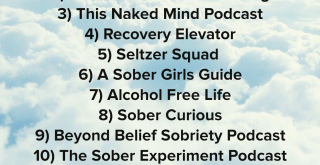
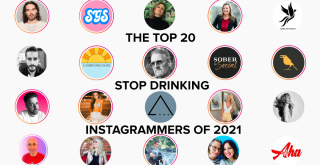
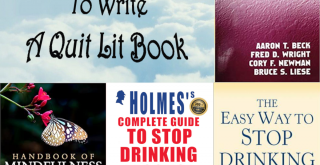


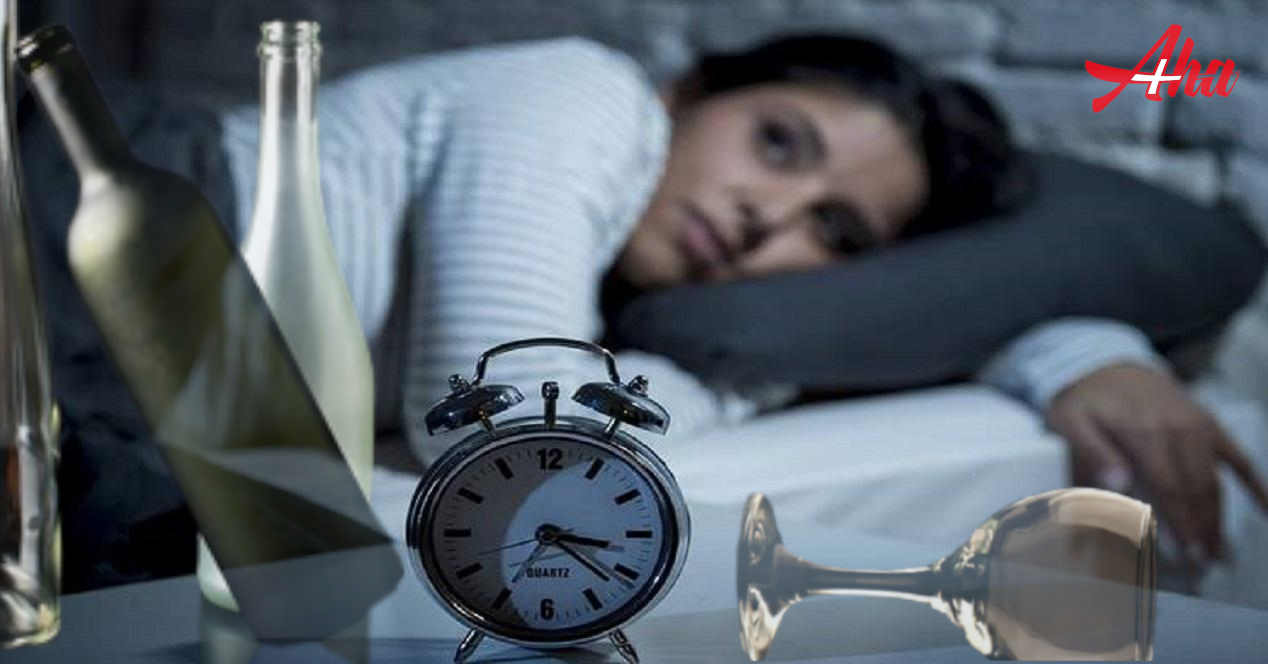
0 Comments